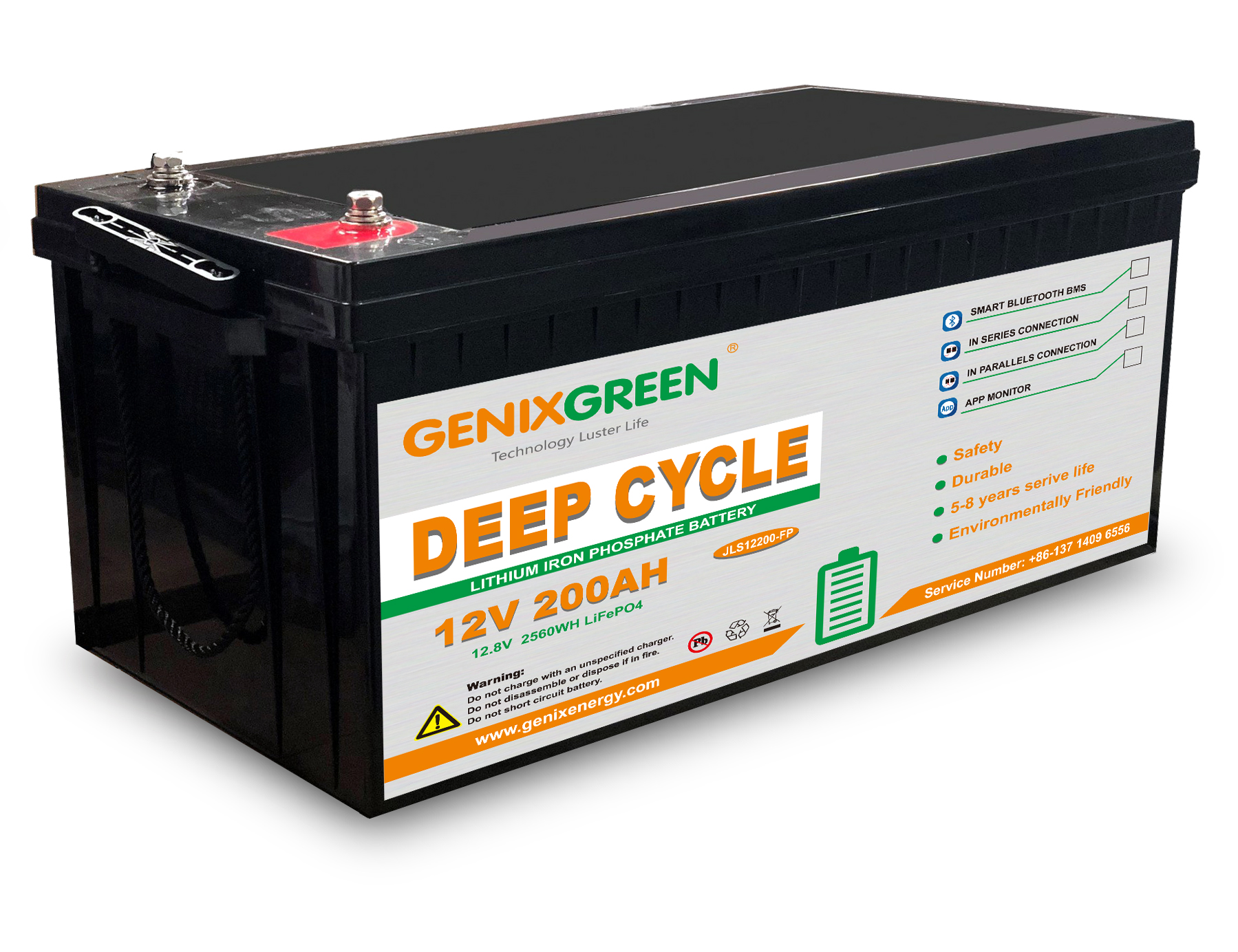Cell phones, remote controls, drones, laptops, tablets, energy-efficient power plants, and electric vehicles are some of the few applications for lithium-ion batteries. These rechargeable batteries utilize lithium ions to convert into graphite and lithium salts, which do not contain any elemental lithium. This property makes lithium-ion batteries more stable than their predecessors, which contain lithium metal, making them as deadly as possible. For generations, lithium batteries have been evaluated for their efficiency in delivering high energy densities sufficient to power some of the most important technological creations in history.
However, people tend to overlook the fact that despite the many safety measures pre-installed in batteries, lithium ions can still pose a threat. If mishandled or mishandled, these batteries have the potential to cause fire-related events that could have catastrophic effects on the environment, not just the user. Sometimes, the fault can be with the battery, not the user, so fire safety precautions need to be in place to deal with fire incidents related to Li-ion batteries.
We are always instructed to have fire departments deal with lithium fires, but there are ways to suppress the intensity of these fires before they spread. That's where lithium-ion battery fire extinguishers come into play until the fire department knows where the accident happened.
Fires caused by lithium-ion batteries are the most difficult fires to extinguish and pose a serious risk to equipment and personnel. The mechanism behind the manufacture of lithium-ion batteries makes them suitable for powering electronic devices for long periods of time, but can be extremely dangerous when burned. Lithium batteries are designed with built-in safety measures during the manufacturing process to make the batteries reliable and safe. However, when a lithium-ion battery catches fire, the sheer amount of energy and the materials within the battery make it difficult to put out the flame.
When it comes to fire extinguishers and fire extinguishers, lithium-ion batteries are considered an A hazard rather than a D hazard. This is because lithium-ion batteries do not contain lithium in metallic form, so they are classified as a D risk. The danger in these batteries lies primarily in the electrolyte within the battery, not the lithium salt. While each battery uses a different electrolyte solution, many contain fluorine, which is highly toxic when combined with other gases during combustion. There are a variety of fire extinguishers specifically designed to put out lithium-ion battery fires that go the extra mile to neutralize fluorine compounds and minimize harmful side effects.

One of the most important issues that has drawn great attention to the risks of primary lithium and lithium-ion batteries is whether to extinguish fires with water. To know whether water can be a suitable fire extinguisher, it is necessary to distinguish between ordinary lithium batteries and lithium ion batteries. Lithium-based batteries cannot be extinguished with water, while lithium-ion fires can be extinguished with water, but are not 100% guaranteed. This means that such lithium-ion-related fires may not be extinguishable with water in all cases.
While lithium battery fires are considered class D, lithium ion battery fires can be referred to as class A. The best way to put out any fire associated with primary lithium and lithium ion batteries is to use a Class D fire extinguisher.
Throwing water on fires associated with lithium-ion batteries can make the flames difficult to put out. This is because water tends to reduce lithium in the electrolyte, releasing highly flammable hydrogen. In other cases, since many lithium battery electrolytes contain fluorine, hydrogen gas in water can easily combine with it to form hydrogen fluoride. It is a highly toxic compound whose gaseous form can cause respiratory failure and even blindness. In the aqueous state, the mixture transforms into hydrofluoric acid, which is highly corrosive to the skin.
Adding water to burning lithium will increase the intensity of the flame, and the fire will not subside until all the lithium is completely consumed. The use of fire poison on this flame can limit the severity. Only Class D fire extinguishers containing copper powder are suitable for use on lithium fires. They are also approved to fight lithium-ion based flames in the best possible way. It is dangerous to use water or any other type of fire extinguisher in the event of a lithium battery fire. This is because both organic and inorganic lithium metal-related fires are highly reactive with water and other combustible substances/chemicals.
Lithium-ion battery fires can be extinguished with Class A and Class D fire extinguishers. Lithium-ion batteries do not contain lithium metal in their properties, so they can be safely extinguished with water. However, this does not guarantee a 100% success rate, therefore, the recommended Class A and Class D extinguishers should be used to fight fires. While Class D fire extinguishers are primarily used for lithium-based fires, they can also properly handle lithium-ion-related flames.
Lithium-ion battery fires can also be put out using sand, baking soda, or flour when the flames appear small. If the air becomes poor due to the toxic fumes emitted by the battery, it is recommended to leave the area immediately. Your life is not worth having material possessions that could be destroyed in a fire.
final thoughts
When fighting lithium-based fires, it is always necessary to take extra precautions and follow recommended fire fighting rules. Just because a fire looks small doesn't mean it's less risky. Even with the right fire extinguisher, things tend to go wrong and can lead to a catastrophic event. Lithium-ion batteries on fire can explode and spread flames and their reactive chemistry, causing serious damage. Use a suitable fire extinguisher to put out a battery fire, but be careful to avoid accidental injury.
